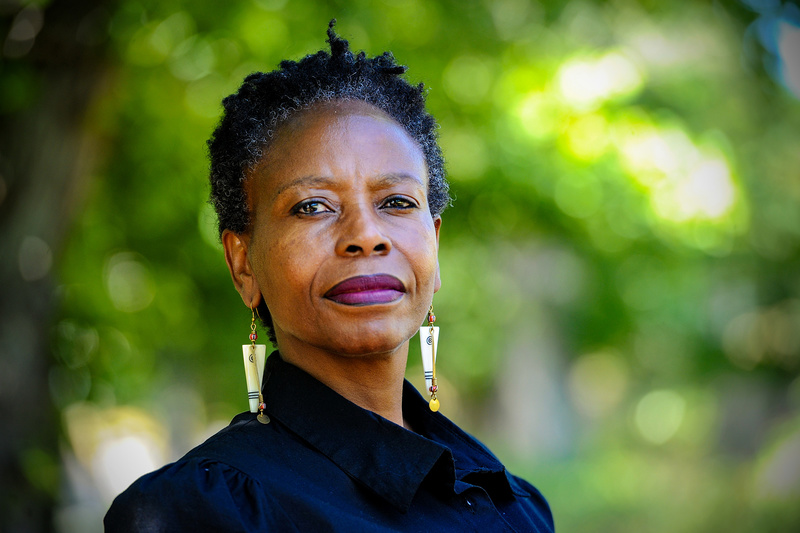Call for papers: Special issue on 'Transformation: A Humanising Praxis'
30 July 2024 | Professor Elelwani Ramugondo
Dear colleagues and students
In line with the goal towards building a scholarship on transformation, I am delighted to share the call for papers for a special issue on Transformation: A Humanising Praxis in the journal, Transformation in Higher Education.
This is a culmination of the UCT Anti-Racism Conversation Series and the Transformation: A Humanising Praxis Think Tank Series, hosted at the University of Cape Town (UCT) since 2022.
Abstract submissions opened on 15 July 2024 and will close on 30 August 2024. The outcome of successful abstracts and invitations to submit full articles will be announced in September 2024.
Authors are invited to consider transformation as both a process and practice that can assist in finding new ways of imagining the academy, shifting us from discourse as an end-in-itself, toward liberatory forms of knowledge sharing and ways of being in the world. In this special issue, we invite authors to engage transformation provocatively around the idea of the human, to inspire a dynamic exchange and solid contestation of ideas.
The focus for the special issue is ‘Transformation: A Humanising Praxis’.
We acknowledge from the onset that although the term ‘transformation’ is used regularly and widely, it is illustrative of its contested nature that there exists no consensus on what it means. For the purpose of generating scholarship on transformation in higher education and society, we depart from a vision of ‘transformation’ as ‘a humanising praxis’. We offer a theoretical provocation to provide authors with a conceptual backbone (‘a supportive structure’) for grappling with this theme.
Two sets of generative questions are also provided to the special issue contributors, to serve as pointers for relatability/resonance and reflection-on-action (‘scripted professional roles’) within their spheres of influence, for example, the lecture room; but also, beyond formal learning spaces, and into staff recruitment processes, promotion practices, staff development, academic conferences, student residences, sports, the cafeteria, etc.
The first set of questions is informed by a critical contemporary interpretation of Aristotle’s intellectual virtue, phronesis (adapted from Flyvbjerg, 2004):
- Where is my university as a key institution in processes of building and sustaining healthy/healing societies going with transformation?
- Who gains and who loses, and by which mechanisms of power?
- Is this transformation desirable?
- What, if anything, should academic/worker-student formations/movements do about it?
The second set of (practical theology) questions is articulated by Richard Osmer:
- What is going on? (descriptive-empirical task)
- Why is this going on? (interpretative task)
- What ought to be going on? (normative task)
- How might academic/worker-student formations/movements respond? (pragmatic task)
These set of questions are intended to assist contributors to identify practices, processes or actions that may either advance or impede transformation, possibly in their own sphere of influence, and then interrogate these.
For more information, please contact Quinton Apollis.
We look forward to receiving your submissions.
Sincerely
Professor Elelwani Ramugondo
Deputy Vice-Chancellor: Transformation, Student Affairs and Social Responsiveness
Read previous communications:
 This work is licensed under a Creative Commons Attribution-NoDerivatives 4.0 International License.
This work is licensed under a Creative Commons Attribution-NoDerivatives 4.0 International License.
Please view the republishing articles page for more information.








